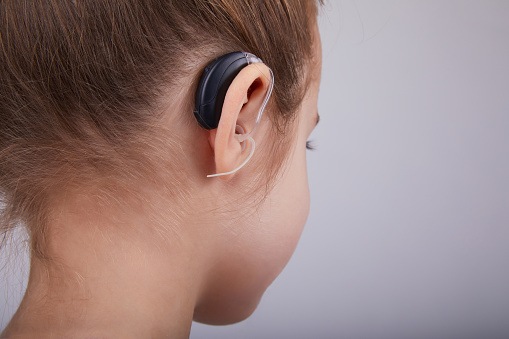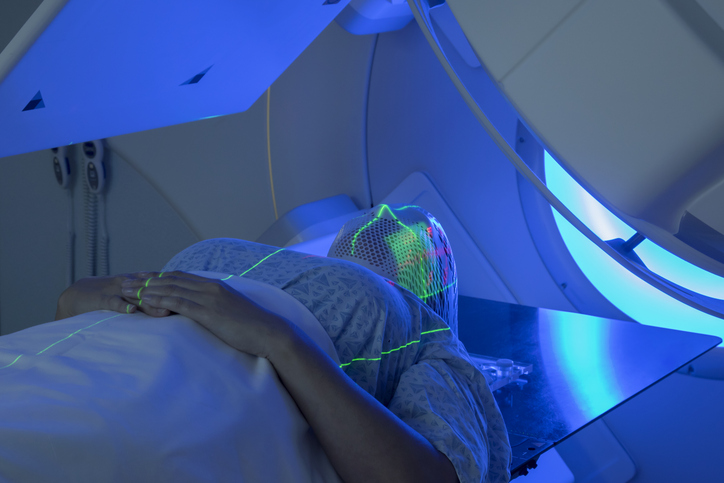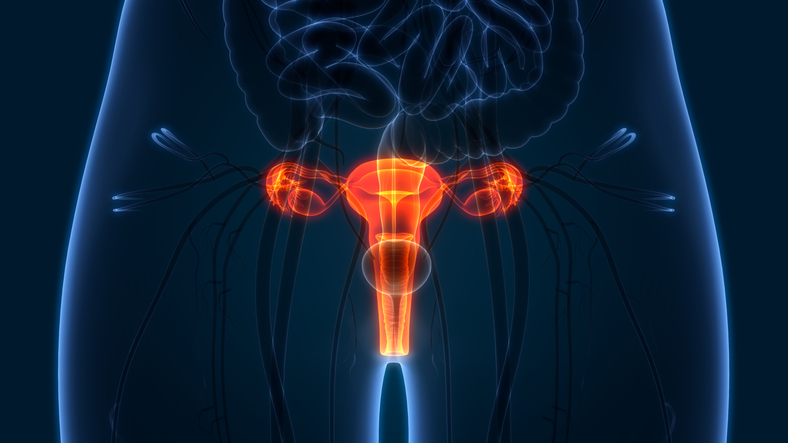
Childhood cancer survivors with severe hearing loss are at a significant increased risk of neurocognitive deficits, according to a study published in JAMA Oncology.
“There has been a lot of research on how children who are born deaf can be affected academically and psychosocially, but far less for kids who acquire hearing loss at some point during their childhood,” said corresponding author Johnnie Bass, Ph.D., of St. Jude Rehabilitation Services in a press release. “Our goal was to report on the prevalence, severity and risk of hearing loss in a large cohort of cancer survivors to assess the impact of hearing impairment on neurocognitive function.”
To conduct this study, researchers assessed over 1,500 childhood cancer survivors, and uncovered that over one-third of them suffered severe hearing loss. The researchers observed that survivors with hearing loss had an augmented risk of for neurocognitive deficits, and this effective was independent of exposure to neurotoxic therapy.
#Hearing loss linked to neurocognitive deficits in childhood #cancer survivors @JAMAOnc https://t.co/4z1uLMLk83
— Medical Xpress (@medical_xpress) July 30, 2020
“Even patients not exposed to neurotoxic therapies who develop mild hearing deficits can have problems with their neurocognitive skills,” said senior author Kevin Krull, Ph.D., of St. Jude Epidemiology and Cancer Control. “This makes it important to identify these patients early and suggest interventions to help improve their hearing and thus their neurocognitive outcomes.”
Hearing loss linked to neurocognitive deficits in childhood cancer survivors https://t.co/YSeGTJ1amx via @StJudeResearch @EurekAlert
— Dr. Vicky Forster (@vickyyyf) July 31, 2020
News: Hearing loss linked to neurocognitive deficits in childhood cancer survivors – https://t.co/s7BT1o9iCC
— 7thSpace Interactive (@7thSpaceCom) July 31, 2020







 © 2025 Mashup Media, LLC, a Formedics Property. All Rights Reserved.
© 2025 Mashup Media, LLC, a Formedics Property. All Rights Reserved.